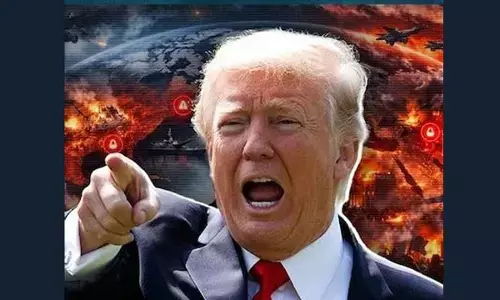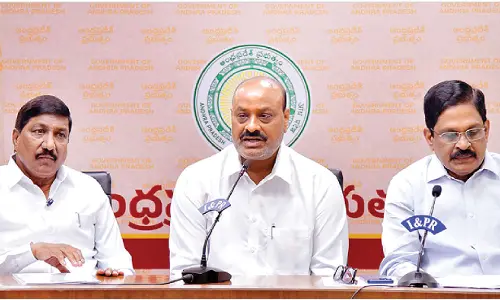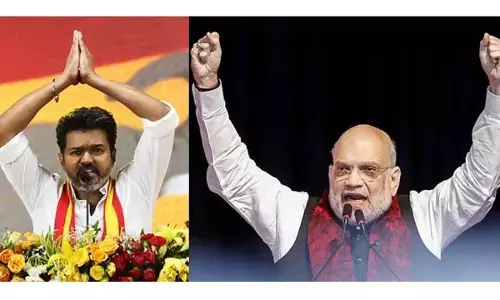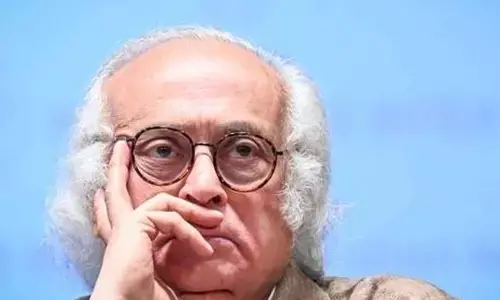Legal And Administrative Considerations Surrounding Arvind Kejriwal's Arrest And Continuation As Delhi Chief Minister
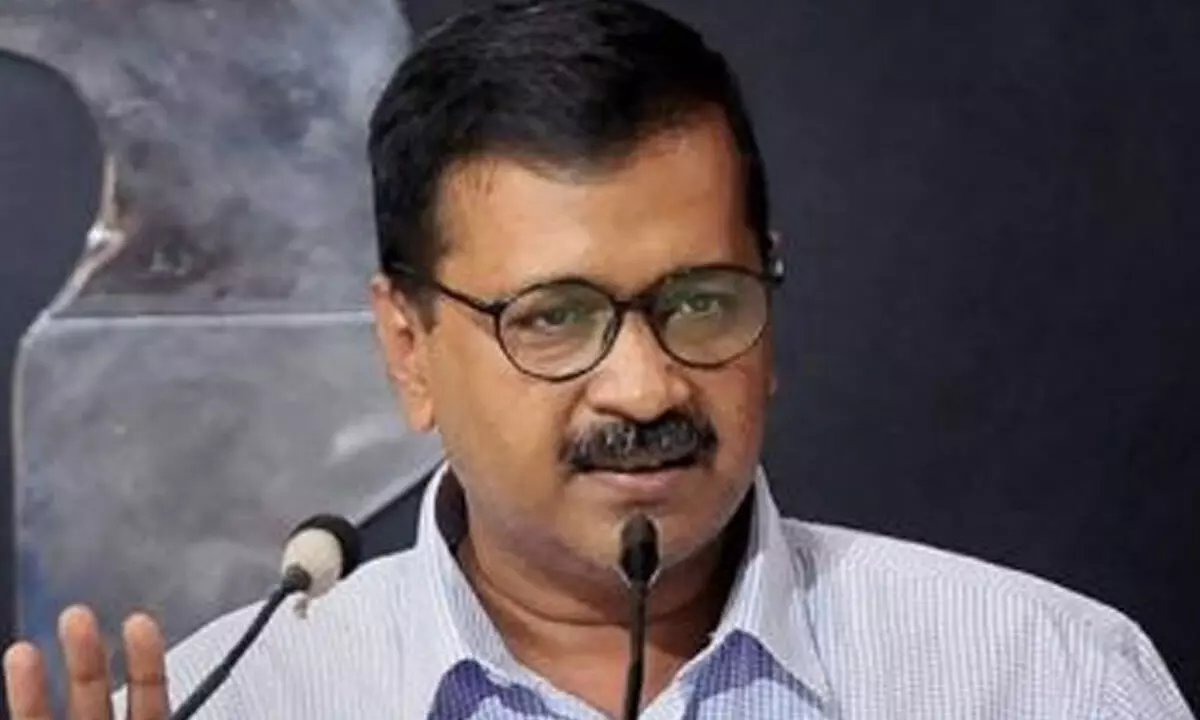
BJP Announces First List of Candidates for Delhi Assembly Elections
- Explore the legal and administrative implications of Arvind Kejriwal's arrest in a money laundering case linked to excise policy and the discussions surrounding his ability to continue as Delhi's chief minister.
- Learn from legal experts about the absence of a legal bar on holding office post-arrest and the practical challenges associated with governing from jail.
Arvind Kejriwal's ability to continue as Delhi's chief minister following his arrest by the Enforcement Directorate in a money laundering case linked to excise policy has sparked legal and administrative discussions. Legal experts suggest that there is no explicit legal prohibition preventing an arrested individual from holding the position of chief minister. Senior advocate Gopal Sankaranarayanan asserts that, according to the law, there is no hindrance to Kejriwal continuing in his role. However, senior advocate Vikas Singh notes that while there may be no legal impediment, the administrative challenges of governing from jail could be substantial.
Despite his arrest, Arvind Kejriwal has not resigned from his post as Chief Minister of Delhi. The Aam Aadmi Party (AAP) has affirmed his continuation as chief minister, with plans for him to govern from jail if necessary.
Regarding the legal context, Section 8, Clause 3 of the Representation of the People Act stipulates that a lawmaker convicted for an offence and sentenced to two years or more shall be disqualified from holding office. This disqualification remains for an additional six years after release. However, Article 361 of the Constitution grants immunity from arrest and proceedings before a court only to the President and Governor, leaving the Prime Minister and Chief Minister of a state without such immunity. Thus, Kejriwal's legal status and his ability to serve as chief minister amid legal proceedings remain subjects of debate and interpretation within the legal and political spheres.










